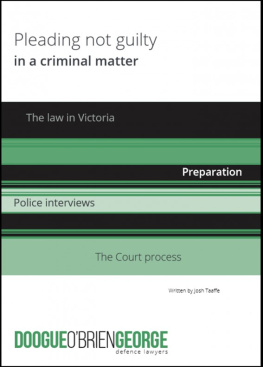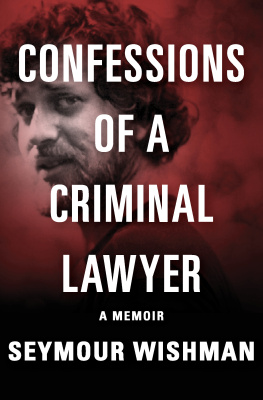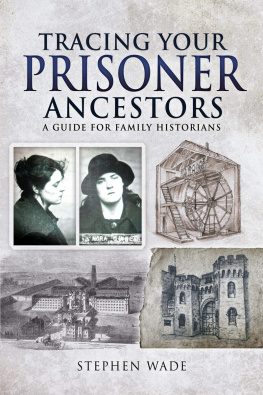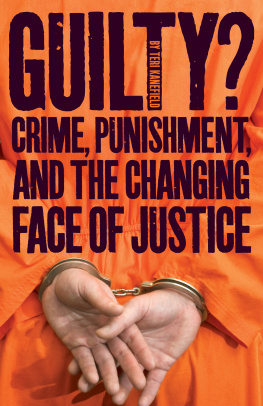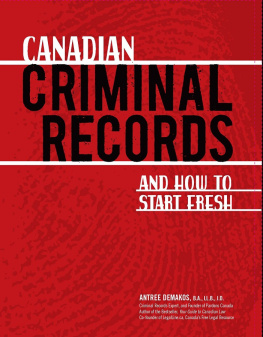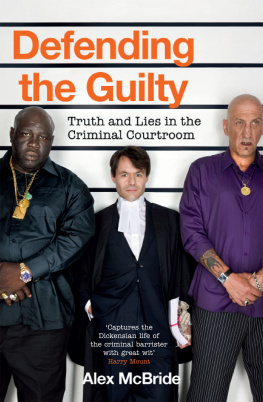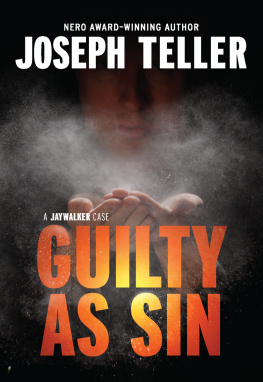Pleading Not Guilty in aCriminal Matter
The Law in Victoria | Preparation | PoliceInterviews
Written By:
Josh Taaffe
Doogue OBrien GeorgeDefence Lawyers
Index
Introduction
Pleading Not Guilty in aCriminal Matter
The Process
Pleading Not Guilty in theMagistrates Court
Pleading Not Guilty in theCounty or Supreme Court
FundamentalRights
Presumption ofInnocence
Beyond ReasonableDoubt
The Position of the Accusedin a Criminal Case
PoliceInvestigations
Investigative Techniques -Pre Interview
Pre-Text Calls
Phones
Search Warrants
ForensicProcedures
Investigative Techniques -The Interview
Police OfficerTraining
DVD Footage
Attending a PoliceStation
A Case Study - Police Interview
Arrested or QuestionedRegarding a Criminal Offence - Your Rights
Interview Advantages andDisadvantages
Advantages
Disadvantages
The Importance of Witnesses- Their Rights
CompulsoryExamination
Preparation of DefendedCriminal Cases
A Case Study - Witness Statement in an IndecentAssault
What Will Happen atCourt
Jury Trial and ContestedHearing Experts
What Needs to beDone?
Introduction
Pleading not guilty tocharges can be a very complex process. Each case is different andreflects each individuals circumstances. Most cases are extremelystressful for the accused and their friends and family. The keyissue is that the accused must seek advice from legal professionalswho are experts in criminal law.
Not every allegation istrue. The experience of Courts and lawyers is that false andmistaken allegations are made and come before the Courts all thetime.
Some people commit offencesand accept responsibility for what they have done. Others denyresponsibility. Innocent people are wrongly accused.
All require and deserveproper legal representation.
Do not plead guilty tosomething that you did not do.
Pleading Not Guilty in aCriminal Matter
Criminal Cases in our systemare decided either by Magistrates (in the Magistrates Court) or byjuries
(in the County or SupremeCourts). The decision as to whether someone is guilty or not guiltyis made
after a hearing in which theprosecution presents all of its evidence.
When a person faces criminalcharges it is the job of the prosecution to present evidence thatsatisfies
the Magistrate or jury ofthe guilt of the accused beyond reasonable doubt.
For less serious cases thishearing - a contested hearing - will be heard before a Magistratein the
Magistrates Court and inalmost all cases prosecuted by a police prosecutor.
For more serious criminalcases the hearing will be a criminal trial in front of ajudge.
In trials it is the jury whoare the judges of fact and decide if the accused is guilty or notguilty.
The Judge explains the lawto the jury but does not make the ultimate decision.
The Process
When someone is charged bypolice they are either charged and bailed to appear at Court orcharged by summons to appear on a particular date. This first Courtdate is not the occasion when all of the evidence will be presentedand the questions of guilt or innocence be decided.
Criminal Cases go throughmany preliminary and case management steps before they are ever setdown for the final hearing.
The process differsdepending on whether the case will be heard in the MagistratesCourt in the summary crime process or in the indictable crimeprocess involving a committal and eventual jury trial.
Pleading Not Guilty in the MagistratesCourt
1st Stage: First Mention |Mention | Special Mention
When a matter is listedfor mention, it may be finalized by way of a plea of guilty ifliability for all charges is accepted and there is no dispute withthe circumstances alleged.
If there is any disputethe matter will be adjourned for a case conference or contestmention so that negotiations can take place with theprosecution.
Matters can be listedfor special mention for the Court to check on the progress of thecase deal with an issue. The Court sometimes list these to see ifthey can resolve cases.
2nd Stage: CaseConference
Negotiations take placewith police prosecutors and informants about the disputed aspectsof a matter.
Seek furthermaterial.
Special mentions,subpoenas and other legal issues.
This stage could involvea sentence indication.
Often it will then beadjourned to a contest mention.
3rd Stage: ContestMention
A contest mention isheard in front of a Magistrate. This is the main difference betweena contest mention and a case conference.
Negotiations take placewith police prosecutors and informants about the disputed aspectsof a matter.
This might result in aplea to only some of the charges or amendments to the facts allegedas part of the case.
If you are pleading notguilty this stage is necessary to advise the Court what thedisputed issues are and which witnesses will be required at thehearing.
Further information orevidence can be requested.
This stage could involvea sentence indication.
4th Stage: ContestedHearing
The stage at which theprosecution must call witnesses to give evidence and prove theircase.
Prosecution witnessescan be cross-examined by the defence and we can call our ownwitnesses, including the accused, to give evidence.
Final Stage: Found NotGuilty
The Case isfinished.
Costs may be requesteddepending on the circumstances of the case.
If Found Guilty: Plea |Sentence Hearing
The judge will makesentencing remarks and deliver sentence.
This generally takesplace on the same day as the contested hearing.
It may be adjourned toget a date.
Pleading Not Guilty in the County or SupremeCourt
First Stage: Filing Hearing| Bail Application*
Dates set for service ofbrief of evidence and for committal mention.
Discussions with theprosecution.
First opportunity tomake a bail application or bail variation
*This stage of theproceedings is always heard in the Magistrates Court.
2nd Stage: Committal Mention| Committal Case Conference*
Negotiations with theprosecution.
Seek furthermaterial.
Special mentions,subpoenas and other legal issues.
For a not guilty plea adate is obtained and leave sought from the Court to cross examinerelevant witnesses.
If the charges permit,an application can be made that the case remain in and bedetermined in the Magistrates Court without going to the CountyCourt.
*This stage of theproceedings is always heard in the Magistrates Court.
3rd Stage: ContestedCommittal*
Test the prosecutioncase, to see if there is sufficient evidenceto go totrial.
Witnessescross-examined. Question police informant about investigativesteps.
Committed to stand trialOR
Discharged and might beable to apply for costs.
Test of sufficientevidence a very low threshold.
Almost all accused arecommitted to stand trial.
*This stage of theproceedings is always heard in the Magistrates Court.
4th Stage: First DirectionsHearing | Final Directions Hearing | Mention
Court is informed offactual & legal issues.
Formally state case inwriting.
Preliminary legal issuesdiscussed.
Can be any number ofdirections hearings but at least two.
A mention is when you goto Court to argue some issues before trial, or to get documentsunder subpoena.
Final Stage:Trial
Preliminary legal issuesruled upon.
Prosecution callwitnesses and tender evidence to prove its case.
Prosecution witnessescan be cross-examined by defence. Defence can call our ownwitnesses, including the accused to give evidence.
Jury comes back with afinding that the accused is not guilty.
Next page
